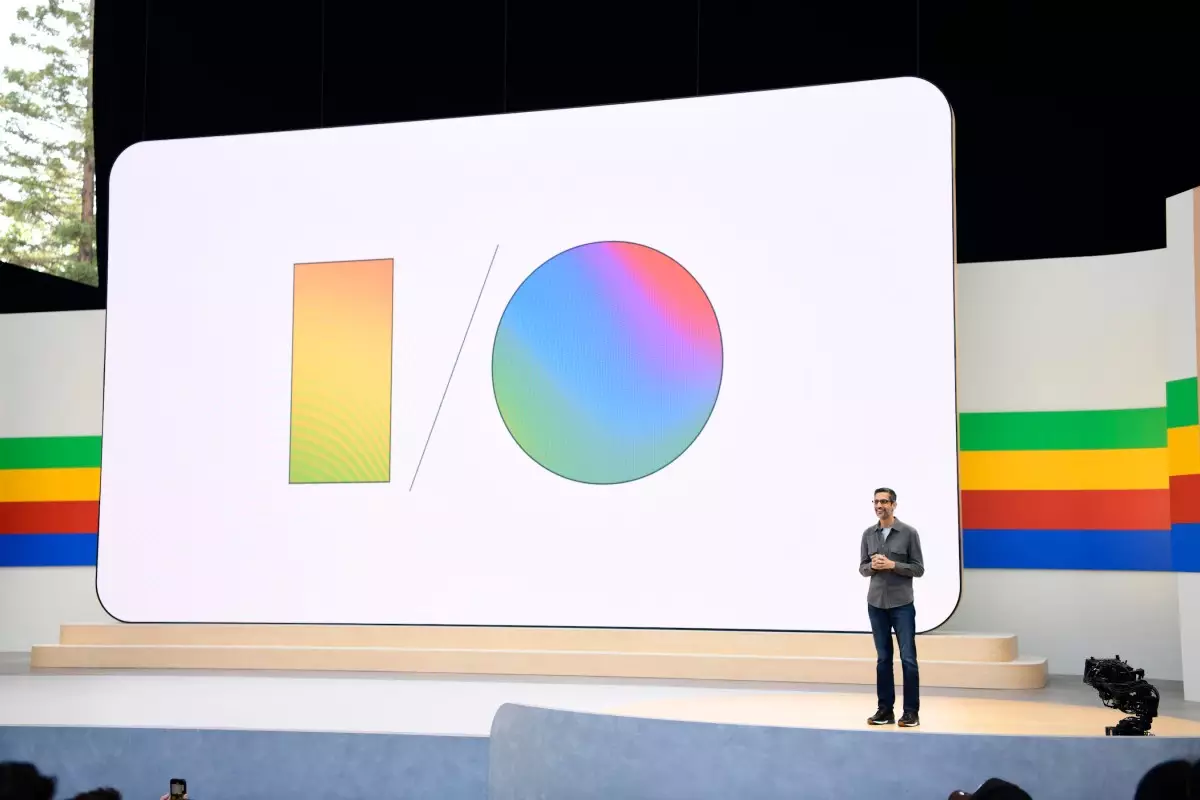As the tech world gears up for what promises to be an exhilarating Google I/O on May 20 to 21, anticipation runs high. This event, held at the renowned Shoreline Amphitheatre in Mountain View, serves as a platform for Google to unveil revolutionary products and cutting-edge technologies across its expansive portfolio. Unlike any other conference in the tech landscape, Google I/O encapsulates the spirit of innovation and collaboration that is at the heart of the tech giant’s philosophy. This year, we expect to see intriguing developments across key areas, including Android, Chrome, Google Search, YouTube, and, notably, advances in Artificial Intelligence with the much-discussed Gemini project.
The AI Revolution and the Launch of Gemini Ultra
Artificial Intelligence is not just a buzzword; it represents an entire paradigm shift in how consumers and businesses interact with technology. Google has been a frontrunner in this space, pouring resources into developing its AI capabilities. At the forefront of these advancements is Gemini, Google’s flagship line of AI models, which has become the backbone for various applications and services. Recent leaks suggest that Google is preparing to introduce the Gemini Ultra, an advanced iteration believed to offer enhanced capabilities and possibly new subscription tiers. While current subscribers of Gemini Advanced enjoy a premium experience for $20 per month, the introduction of additional tiers, namely Premium Plus and Premium Pro, could redefine user engagement and service differentiation.
The strategic pivot towards a tiered subscription model indicates that Google is not only keen on enhancing functionality but is also considering monetization avenues as consumer dependence on AI grows.
The Power of AI Apps: Astra and Mariner
Equally exciting is Google’s endeavor related to Astra, a project that aims to create versatile AI applications or “agents” capable of real-time solutions across various domains. This initiative promises a glimpse into a future where AI-centric applications can facilitate daily tasks, making technology feel more intuitive and accessible. Further articulating this vision is Project Mariner, which would enable AI agents to interact seamlessly across the web on a user’s behalf. The implications here are expansive: from personalized recommendations to streamlined digital navigation, Google is setting the stage for a future where AI collaborates more effectively with human users.
Observations from code reveal intriguing hints about an initiative referred to as “Computer Use” within Google’s AI Studio developer platform, likely connected to Mariner. This suggests a forward-thinking approach in allowing developers to create applications that are deeply integrated with digital user environments.
Android 16: A New Age of Design and Functionality
One of the most anticipated facets of Google I/O is the discussion surrounding Android 16 and the newly emphasized Android Show, which will spotlight changes in the Android ecosystem. The shift to Material 3 Expressive promises a notable design overhaul characterized by greater responsiveness and vibrant action elements. Leaked information highlights features aimed at user comfort, like a plethora of new accessibility options and updates designed to enhance notification interactions. The introduction of Auracast, facilitating easier transitions between Bluetooth devices, demonstrates Google’s commitment to creating a user-centric operating system.
This year’s updates also suggest a significant focus on practical usability rather than just aesthetics. The streamlined features indicate that Google recognizes its users’ demands for efficiency and simplicity, ensuring that their mobile experiences remain seamless.
The Broader Spectrum of Updates and AI Innovations
Beyond Android 16, Google seems ready to advocate for its community of developers and enthusiasts with engaging sessions on multiple topics, including Google Cloud, Chrome, and advancements in AI tools such as Gemma, which encompasses a collection of open-source AI models. The approaches taken during past I/O events — filled with unexpected AI surprises — are likely to echo in this year’s lineup. Last year’s introduction of LearnLM, an educational-focused model, raised the bar for AI applications, and one can only wonder what fresh innovations await.
Moreover, hints at upcoming features for Google’s podcast generation tools like NotebookLM and a potential “Video Overviews” feature continue to reinforce Google’s position at the cutting edge of multimedia technology. As the line between AI and creativity blurs, we can anticipate developments that not only enhance engagement but also reimagine content creation.
As we stand on the cusp of Google I/O 2024, the sheer magnitude of what this event could showcase is exhilarating. We’re not just awaiting incremental improvements; we’re ushering in an era that could redefine how we interact with technology. It’s a psychedelic leap into a future where AI, design, and functionality coalesce to revolutionize our digital lives.

